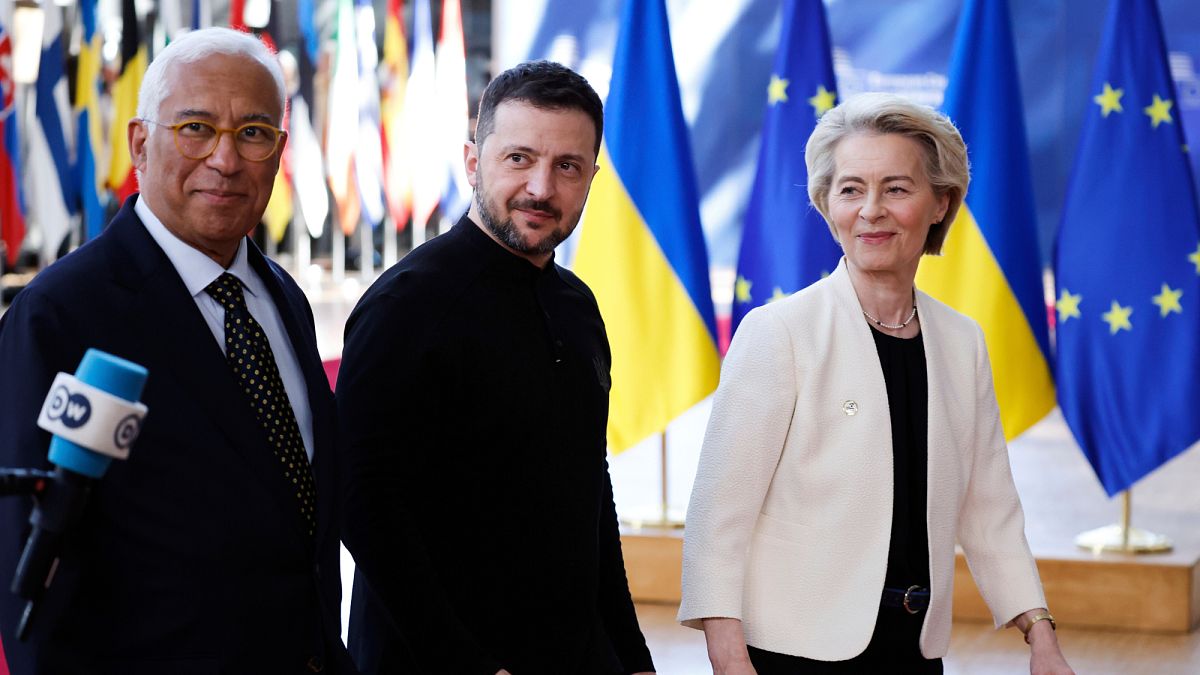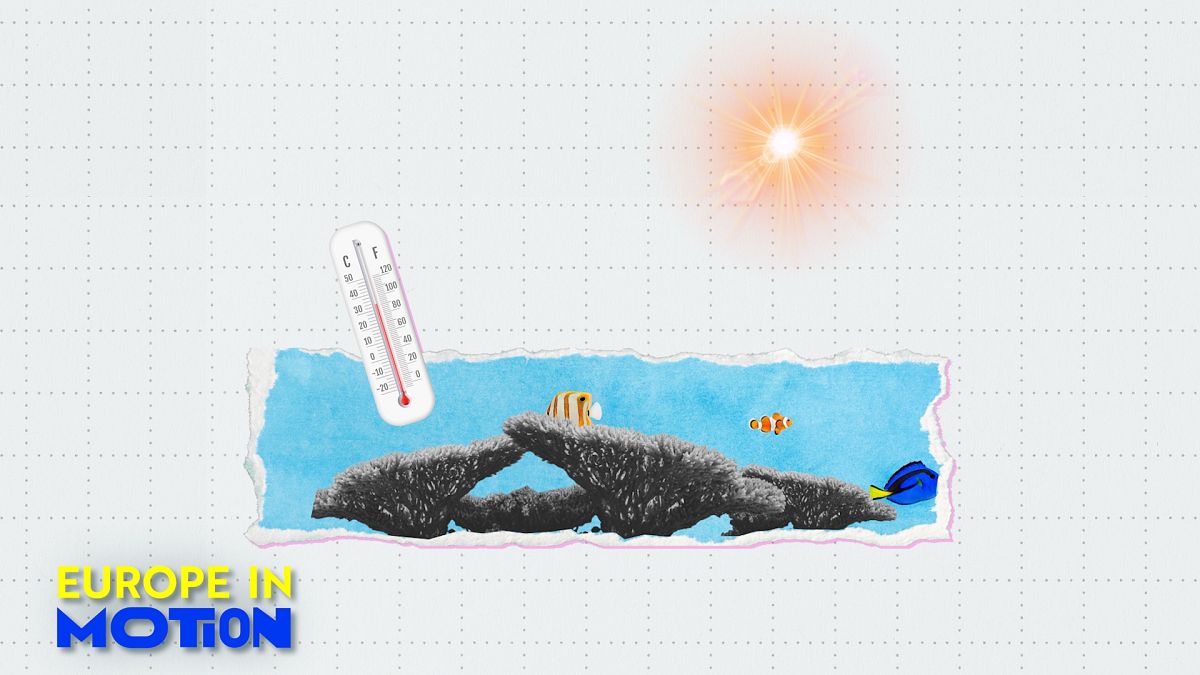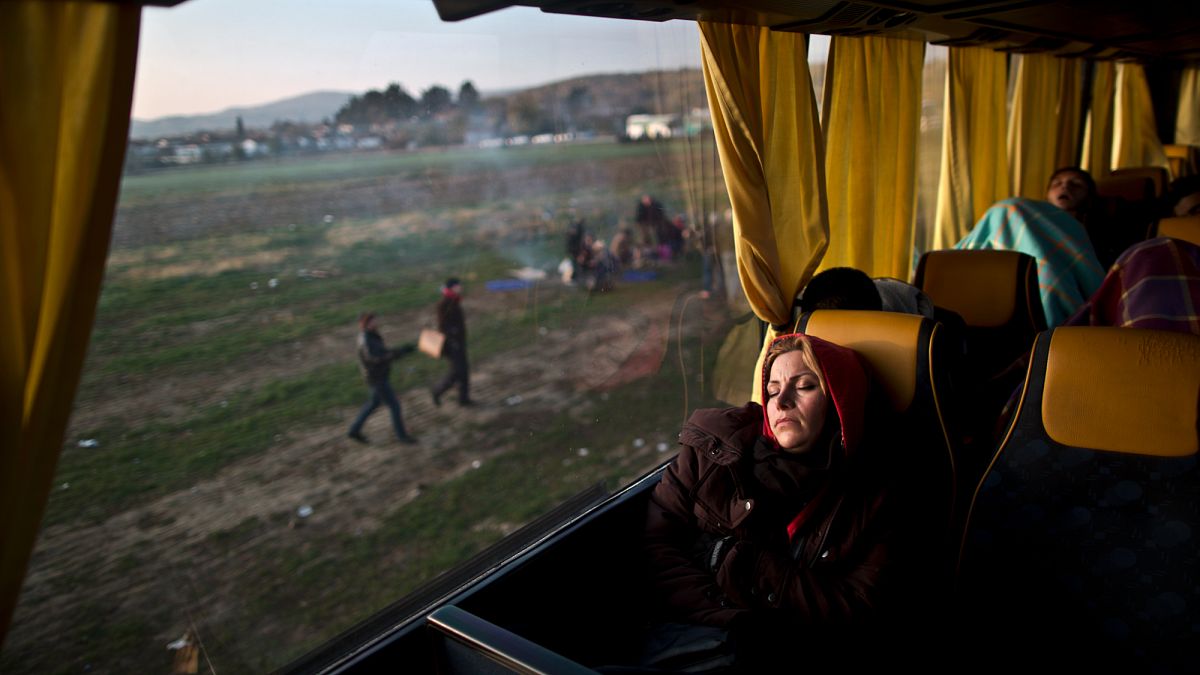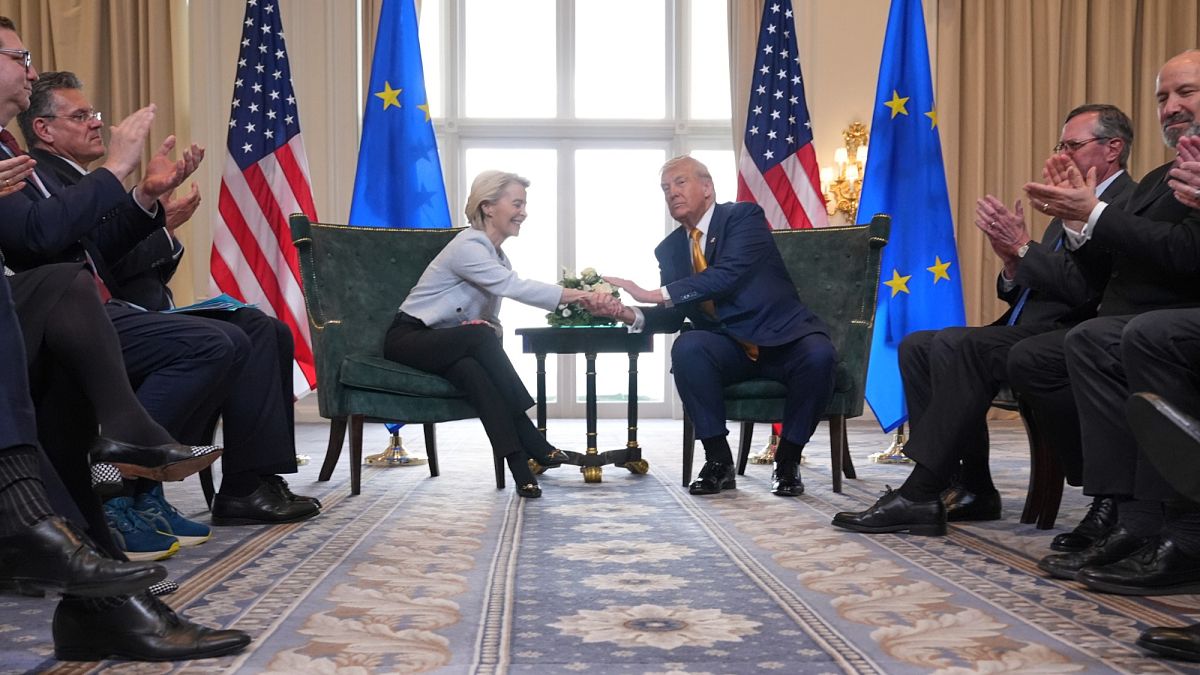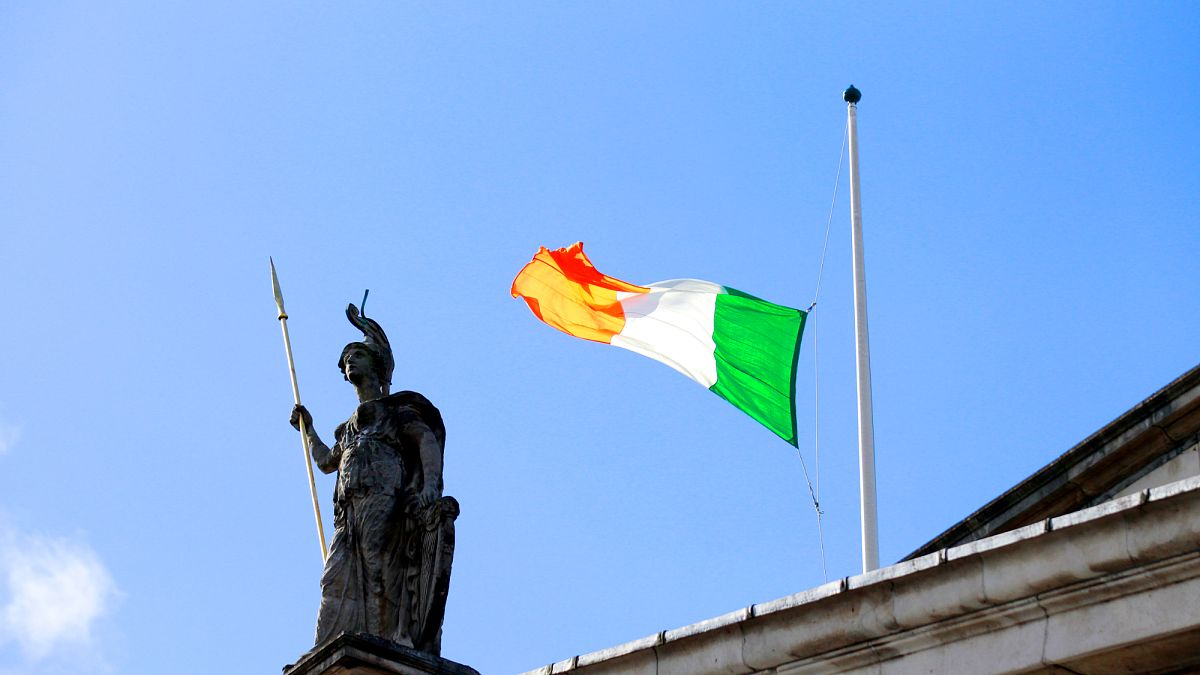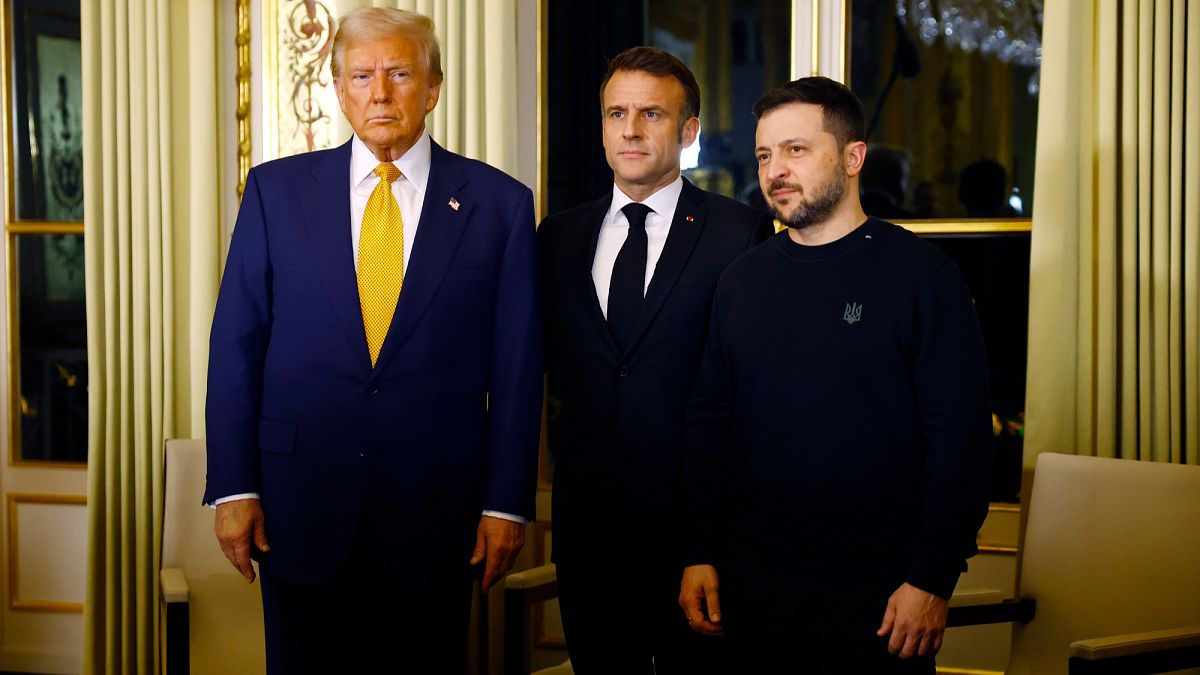ADVERTISEMENT
The European Union has agreed to impose a new round of sanctions against Russia, targeting the country’s energy and financial sectors in a bid to tighten the screws on the Kremlin’s war machine and force a temporary ceasefire in Ukraine.
The sanctions, endorsed on Friday by ambassadors in Brussels, ban transactions with 22 Russian banks, the Russian Direct Investment Fund and its subsidiaries, and the direct and indirect use of the underwater Nord Stream pipelines, which are currently closed off but which Moscow seeks to restart at some point in the future.
Additionally, the EU turns the price cap on Russian crude oil of $60 per barrel into a dynamic mechanism that will remain 15% lower than the average market price, according to diplomatic sources. The new cap will kick in at $47.6 per barrel.
The United States, a chief proponent of the cap at the G7 level during the previous administration, has not supported the downward revision.
Moreover, a further 105 vessels belonging to the “shadow fleet”, the aged tankers that Moscow employs to bypass the price cap on crude oil, are denied access to the EU ports and EU services. This brings the “shadow fleet” blacklist to over 400 vessels.
The deal represents the 18th package of sanctions since February 2022.
The political breakthrough was only possible after Slovakia relented and lifted its veto, which had until now prevented the approval of the new sanctions.
The Slovak opposition related to an entirely different matter: the proposed phase-out of all Russian fossil fuels by the end of 2027.
The European Commission unveiled the roadmap in May and presented the draft legislation in June, based on gradual bans on short-term and long-term gas contracts.
As a landlocked country, Slovakia vociferously protested the plan, warning it would raise prices for consumers, weaken competitiveness and endanger energy security.
Since the phase-out is subject to a qualified majority, Bratislava resorted to sanctions, which require unanimity, to extract concessions from Brussels.
During an EU summit last month, Slovak Prime Minister Robert Fico upped the ante with a series of demands for financial compensation.
Fico said his country risked facing a lawsuit from Gazprom, Russia’s gas monopoly, worth between €16 and €20 billion due to the termination of its long-term contract, which runs until 2034. The Commission argues the gas bans will act as “force majeure” in court and shield governments and companies against damages.
Fico’s solitary crusade
The deadlock intensified dialogue between Bratislava and Brussels, with a focus on practical solutions to diversify Slovakia’s energy mix away from Russia, strengthen connections to neighbouring countries and mitigate price volatility.
Fico welcomed the outreach as “constructive” but held his ground, surprising diplomats who thought the veto would be lifted sooner. German Chancellor Friderich Merz and Polish Prime Minister Donald Tusk intervened to break the impasse.
Ursula von der Leyen, the president of the European Commission, also became involved.
Earlier this week, von der Leyen sent Fico a three-page letter with reassurances about the implementation of the phase-out, including the possible deployment of state aid and EU funds to “compensate the negative impacts for households and industry”.
Von der Leyen also promised to clarify the criteria to trigger the “emergency break” and temporarily suspend the application of the gas bans in case of “extreme price spikes”.
The letter does not speak of a tailor-made financial envelope for Slovakia.
“We have been working closely wth member states most directly concerned, notably Slovakia, to ensure that the EU-wide phase-out of Russian energy imports will be gradual and well-coordinated across the Union,” von der Leyen wrote.
According to Fico, who posted the entire confidential letter on his social media, von der Leyen’s offer was flat-out rejected by his coalition partners.
“Their response is that the Commission’s guarantees to Slovakia are insufficient – some even described them as NOTHING,” he said.
He then demanded a complete exemption from the phase-out to continue buying Russian gas until the contract with Gazprom ends in 2034.
But a few days later, amid mounting pressure, Fico relented and agreed to lift his veto.
“At this point, it would be counterproductive to continue blocking the 18th sanctions package,” he said on Thursday evening. “All options have been exhausted for now, and remaining in our blocking position would already endanger our interests.”
The Slovak promised to continue his crusade against the phase-out, however.
“The second stage of our battle with the European Commission on the issue of Russian gas begins. We have a clear plan approved,” he said.
The deal on the new sanctions comes as US President Donald Trump hardens his rhetoric against Vladimir Putin, pledging to send lethal aid to Ukraine and impose “severe tariffs” on Russia, a major shift that was immediately welcomed across Europe.
The White House, however, has so far refused to endorse a lower price cap on Russian oil, leaving other G7 allies to go it alone. For Brussels, the participation of the UK was considered fundamental due to its dominant position in maritime insurance.




